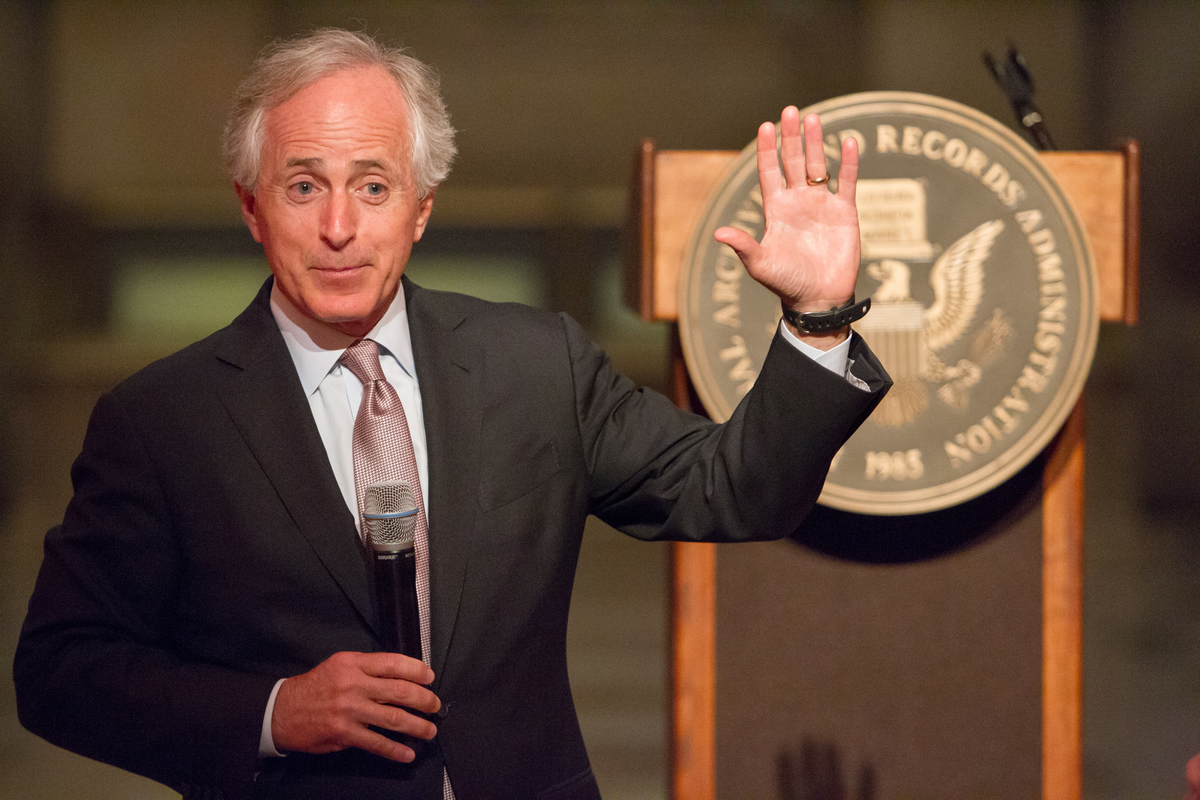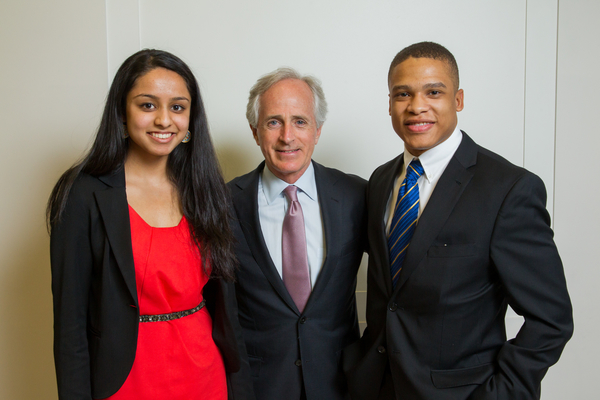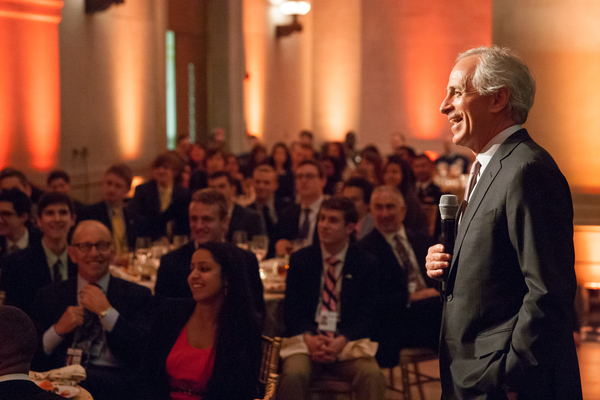
The United States Senate Youth Program (USSYP) is a profound example of how beneficial a public-private partnership can be. Begun in 1962 through Senate Resolution 324, the fifty-three year old program has been fully funded by The Hearst Foundations and sponsored by the Senate since inception – no government funds are utilized. Senators support the program through serving on the USSYP Advisory Committee; the Senate Majority and Minority leaders and the Vice President of the United States serve as the annual honorary Co-Chairs and four Senators from each party serve on the name-only advisory committee that rotates each year. The two Senate Co-Chairs, one from each party, have active speaking roles during the program week, and their offices support the work of the USSYP staff throughout the year. The Senate Co-Chairs each speak to the students at a keynote dinner event, reserving generous time for a spirited Q and A session. One favorite venue for a Co-Chair dinner is the rotunda of the National Archives and Records Administration building in downtown D.C. Read more about the event that took place there last year with our Republican Co-Chair Senator Bob Corker of Tennessee.

“Use the principles that you believe in, but stretch yourself to try to accommodate the other side, so that you can actually move our nation ahead.” –Senator Bob Corker
Against the stunning backdrop of the National Archives Rotunda where our nation’s founding documents are displayed, the 2014 USSYP Republican Co-Chair Senator Bob Corker of Tennessee summarized his own personal story and offered the delegates three key guideposts for life: “First, master a skill early on. Become indispensible. This will give you the confidence you need to propel yourselves into your futures and will afford you the independence that comes from doing something exceptionally well. Next ingredient is to have a bold vision,” he counseled, “Don’t dream too small. Set that bold vision for yourself and those around you so that even if you only reach 80% of your goal you are so much better off. And third,” he smiled, in acknowledgment of the delegates’ inherent passion for public service, “Give back. No matter what age you are, no matter where you live, there are people in your neighborhoods and communities who have needs, and there is nothing in life that makes a human being feel more whole than giving to someone else in a selfless way.” The former Tennessee Commissioner of Finance and former Mayor of Chattanooga clearly built his own career from this sage advice, relaying to the students how his early success in the construction industry led him to create initiatives for affordable housing. Noting that real compromise still takes place, he pointed to examples of behind-the-scenes bipartisan maneuvering he had worked on recently, including a floor amendment to the Immigration Reform Bill that had just helped garner enough votes for passage in the Senate. His pride was tempered with pragmatism, as it remained stalled in the House, but he clearly relished the challenge to continue the effort, saying, “Nothing could be more meaningful than knowing that if you pass a law it will quickly affect 11 million people for the positive.” Asked about which of the documents illuminated behind him he would like to spend time with, he chose the Constitution musing that he wished he could delve into what the Framers were thinking as they “wrote this document that has guided us and so many other countries trying to create their own; a document that sets out and embraces the values that we have as a nation.”

